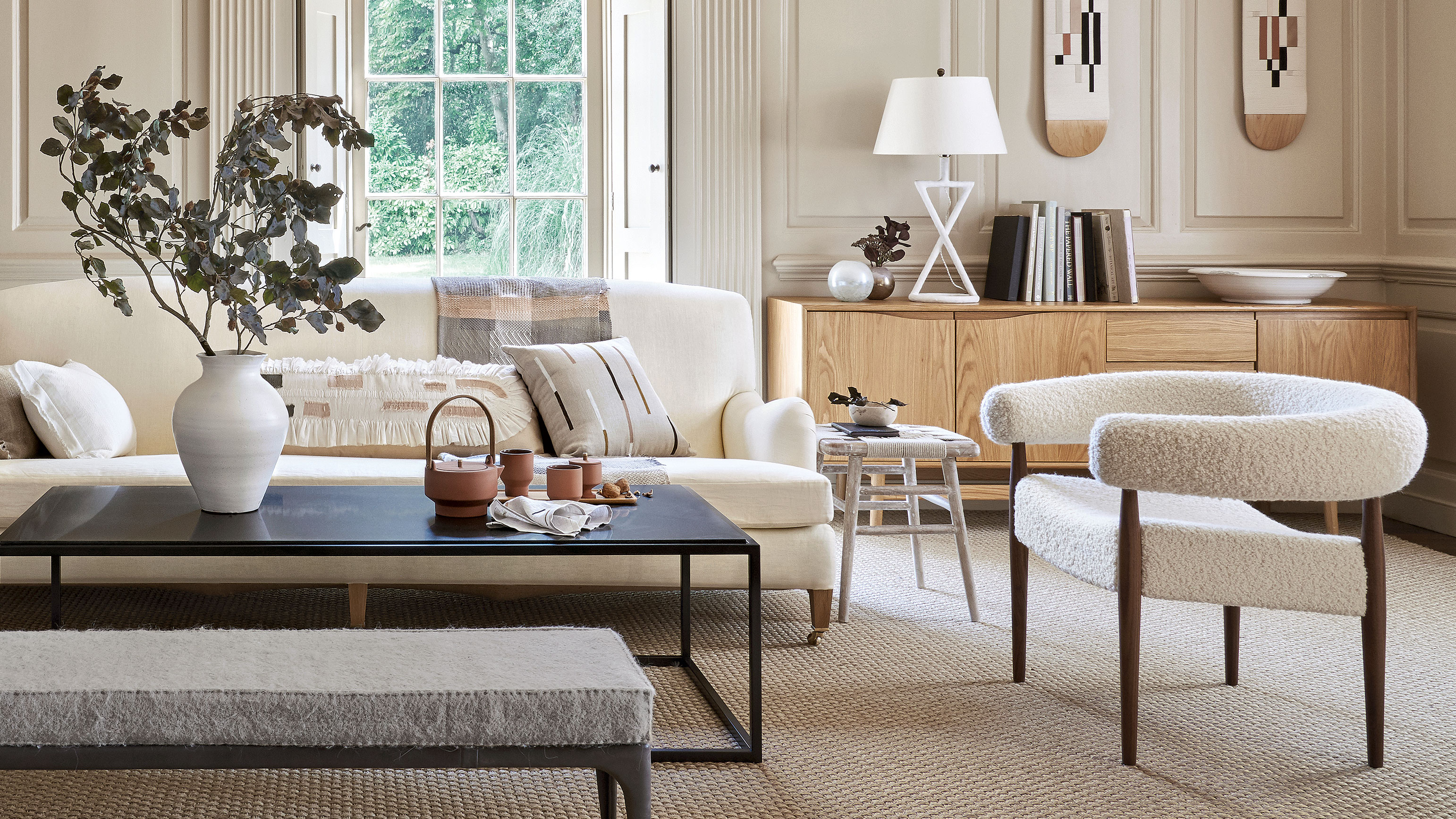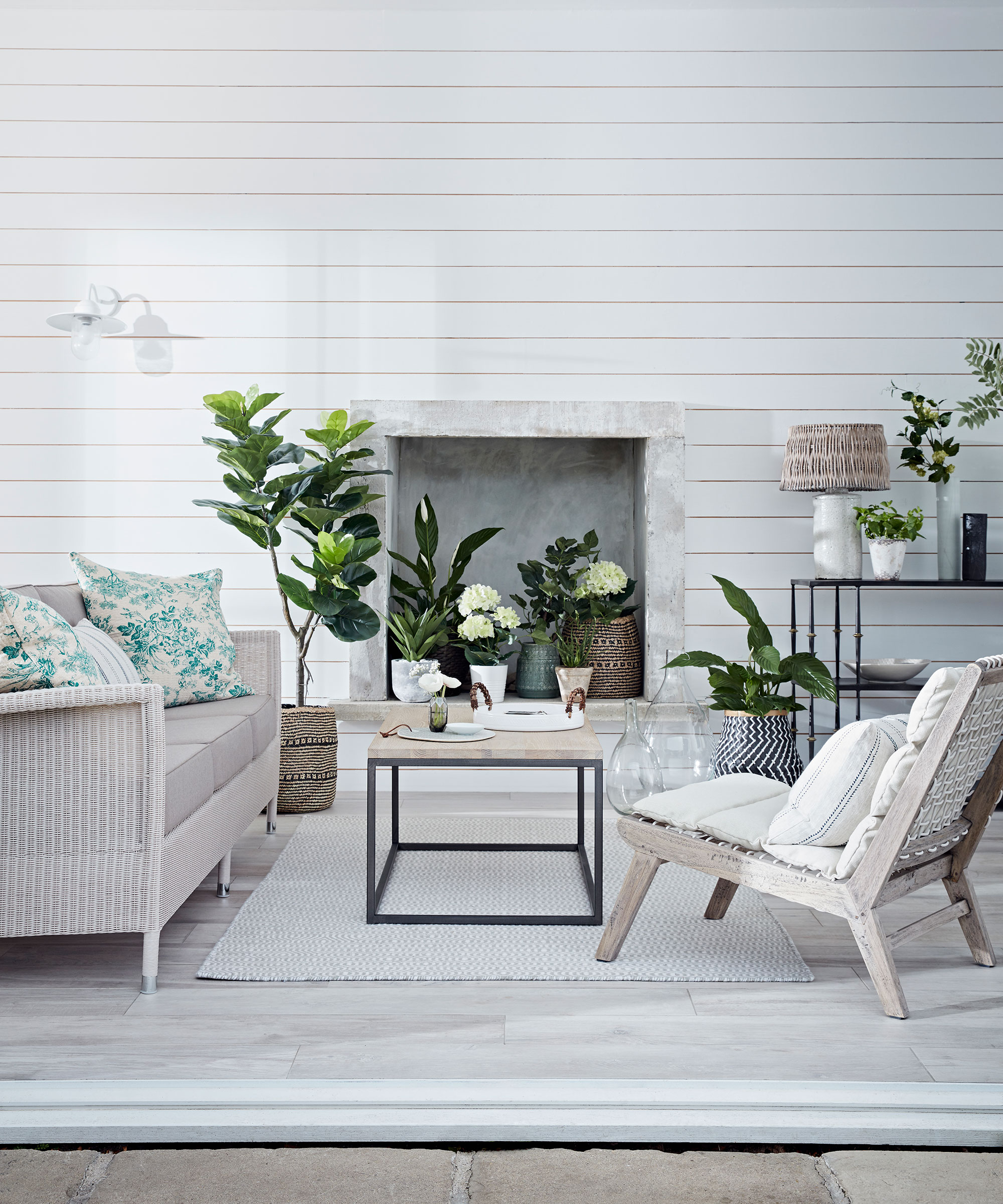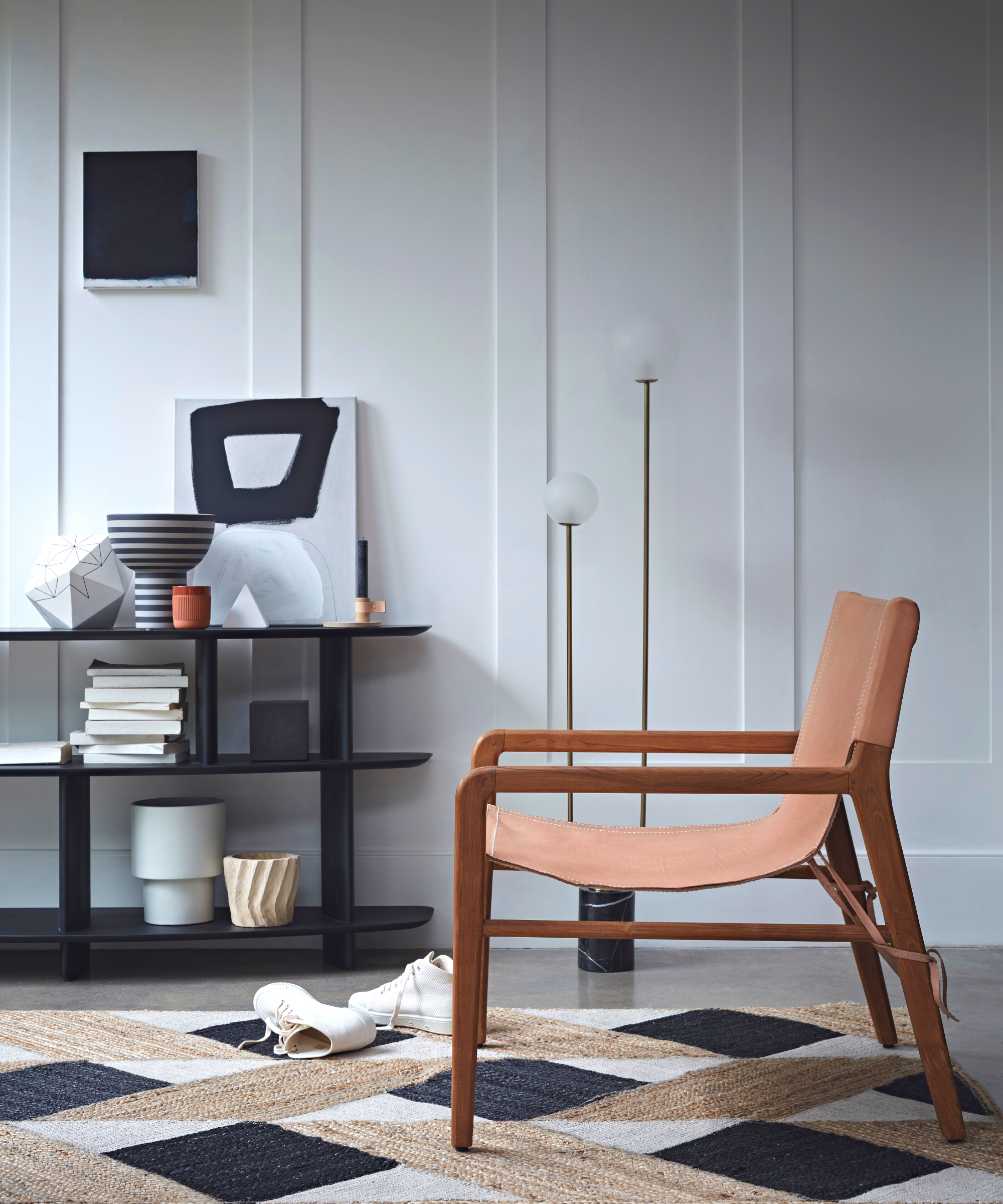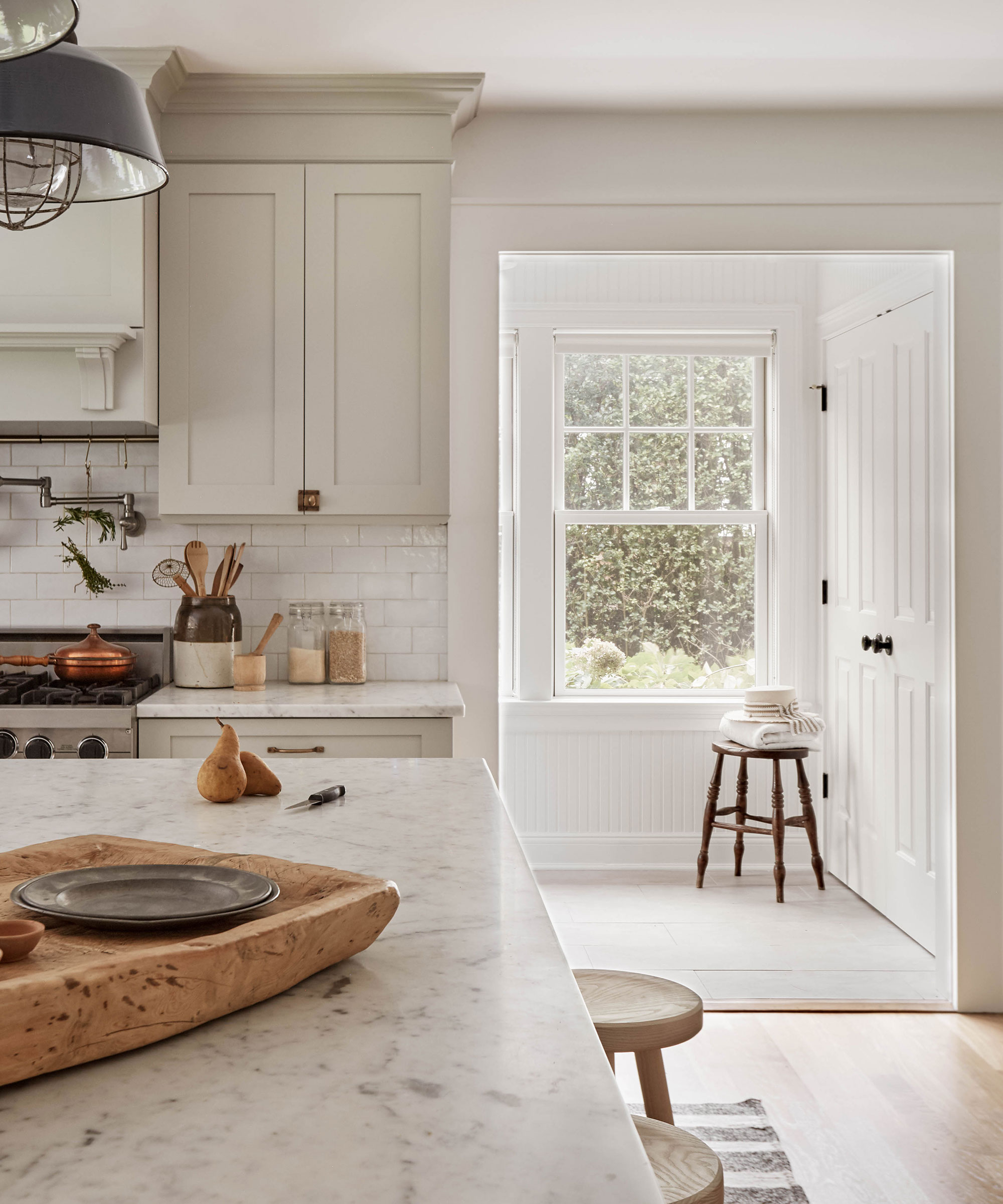Can decluttering change your life? The transformative effects of organization
A professional organizer decodes what happens to your brain when you declutter – and what a tidy home means for your wellbeing


Can decluttering change your life? While it may seem like the answer to this question depends on the type of person you are – and the type of place you live – there is no denying that organization has transformative qualities.
At its most basic level, clutter represents unmade decisions, procrastination, and muddled thought – and when your house feels cluttered – these emotions are usually heightened. Therefore, while mastering decluttering tips may seem somewhat relative in the grand scheme of everything, they are more impactful than they are often given credit.
There is often a lot of advice around the most effective closest decluttering tips and organizing a kitchen – but less is known about how decluttering makes you feel. So, we asked Interiors Therapy and decluttering expert Suzanne Roynon, author of Welcome Home, How Stuff Makes or Breaks your Relationships, to explain how clutter impacts homes and families and how organization can improve how you feel, too.

Can decluttering change your life?
Yes, decluttering your home can change your life because you are not living in an environment that promotes negative emotions, such as anxiety.
'Stress and anxiety are rife in cluttered homes, with misunderstandings, arguments, challenging relationships, and a constant thread of dissatisfaction, Suzanne says. 'It's also damaging to physical health for a variety of reasons. A cluttered home is seldom truly happy, and the occupants frequently choose to spend time out and about rather than thriving in their own space.'
As the expert explains, clutter is an accumulation of stuff that is not used, needed, or loved and often remains in a home 'through habit, fear, guilt, confusion or spite.' Therefore, removing the clutter can improve the aura of a space.
'A decision to do a deep declutter comes with the realization that home doesn't have to be a battleground,' Suzanne explains. 'It is genuinely possible to feel nurtured and supported by your home, and it's a lifestyle choice that makes a world of difference.
Design expertise in your inbox – from inspiring decorating ideas and beautiful celebrity homes to practical gardening advice and shopping round-ups.
If you can wake up feeling content and at peace in your home, it's an excellent start to every day.'

What does decluttering do to your brain?
Bringing order and calm to a home has a beneficial impact on the mind. It is a simple equation, according to the expert.
'Brain fog, confusion, inability to cope, overwhelm, irritation, anxiety, and bad moods are all eased by organizing – meaning it is good to declutter your home when you feel overwhelmed. Suzanne even suggests that bringing order to just a drawer or small cupboard can help relieve simmering agitation if things have got out of hand emotionally.
'As [a] brain and body become adapted to living in an ordered space, it's easier to relax and enjoy time at home and feel the benefits of what is often our biggest investment,' the interiors therapist says. 'A decluttered bedroom encourages quality sleep and really benefits insomniacs. A clutter-free home is a great way to see and appreciate what you have.' So, if you're looking at organizing a bedroom, this could be the hint you need.

Does decluttering help with depression?
'In the majority of cases, an overwhelming amount of clutter, unused stuff, and mess is a physical expression of feeling out of control,' says Suzanne Roynon, a master of home organizing ideas.
The interior therapist suggests that if someone lives with ongoing mess on a daily basis, it will slowly become the new normal and trigger a downward spiral into unhealthy levels of stress and depression that requires 'courage to ask for help.'
'I believe if everything you have around you brings a smile or sense of contentment, has positive associations, or triggers an endorphin rush of happy memories, that's a huge boost to mood and psychological well-being and well worth investing the time in making it happen.'
By applying the dopamine decluttering method to our routines, we can enhance our well-being.
Whether you try the 20/20 rule for decluttering or you even make some decluttering mistakes along the way, it doesn't matter. The main thing, according to Suzanne, is that you celebrate an organized space because 'the saying 'tidy desk, tidy mind' totally translates to a home.'

Megan is the Head of Celebrity Style News at Homes & Gardens, where she leads the celebrity/ news team. She has a history in interior design, travel, and news journalism, having lived and worked in New York, Paris, and, currently, London. Megan has bylines in Livingetc, The Telegraph, and IRK Magazine, and has interviewed the likes of Drew Barrymore, Ayesha Curry, Michelle Keegan, and Tan France, among others. She lives in a London apartment with her antique typewriter and an eclectic espresso cup collection, and dreams of a Kelly Wearstler-designed home.